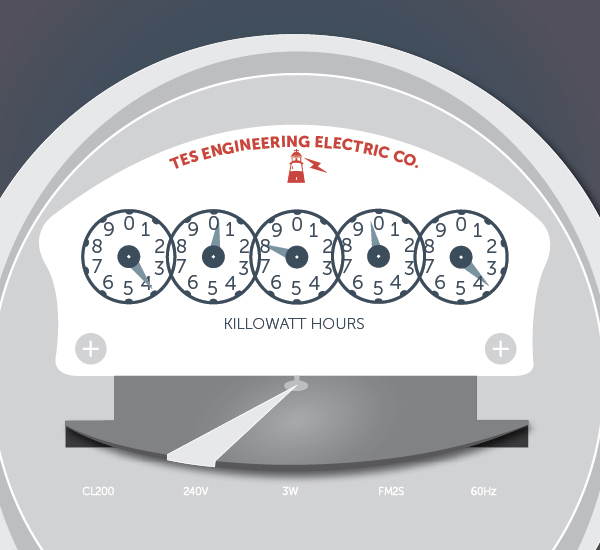
Categories
- All (57)
- Uncategorized (4)
- Sustainability (1)
- Engineering (25)
- Fundamentals (12)
- Services (11)
- Tenant Coordination (3)
- Facility Operations (5)
- Energy Solutions (3)
Tags
- All (57)
- HVAC (3)
- Safety (5)
- Retail Design (1)
- National Electric Code (2)
- Fire Protection Agency (2)
- Electrical Engineering (15)
- Mechanical Engineering (11)
- Boiler Room (5)
- Expansion Tanks (1)
- Equipment Layout (1)
- Calculations & Formulas (3)
- Rules of Thumb (1)
- NEC (1)
- Workplace (1)
- Facility Operations (7)
- Lighting (4)
- Kitchen (1)
- Energy Audit (1)
- fire protection (1)
- Plumbing (2)
- Restroom (1)
- Right-Sizing (4)
- Code (1)
- Vs. (1)
- ADA (1)
- Universal Design (1)
- Grease (1)
- Bid Documents (1)
- Before You Build (1)
- Air Conditioning (4)
- LEED (2)
- Water Treatment (2)
- Odor Control (2)
- Food Court (1)
- Restaurant (1)
- Tenant Coordination (15)
- Piping (2)
- Products (1)
- Energy (1)
- Commissioning (1)
- Leasing (1)
- Curb Adapter (1)
- Rooftop (1)
- Central Plant (2)
- Comfort Issues (1)
- Circuits (1)
Archives

How to Read Your Electric Meter
Posted by Steven George on in Fundamentals
There are two major benefits to knowing how to read your electric meter. The first benefit is that you’ll be able to save money and energy. If you’re financially conscious, reading your meter every month to compare numbers will help you determine if home improvements you made to your property are producing a return on […]
read more
208 or 480 Volt Service?
Posted by Joe Weagraff on in Engineering, Fundamentals
Selecting an electrical distribution voltage for a multi-tenant commercial building is often based on prior lease agreements, previous projects, incomplete information, or intuition. Our research provides guidelines with economic justifications. Each type of service has its advantages. 208V requires less electrical equipment in the Tenant lease space and is therefore less expensive for the Tenant. […]
read more

What’s a Watt? (And Other Electrical Fundamentals)
Posted by Mike Ruff on in Fundamentals
Basic electrical calculations involve three parameters, volts, amps and watts. Volts Here in the United States, we design according to specific voltages provided by our utility companies. In residential construction, we often have 120/240V, single phase, 3-wire, while in commercial construction we typically have 120/208V, 3 phase, 4-wire or 277/480V, 3 phase, 4-wire (although older […]

 Previous STORY
Previous STORY